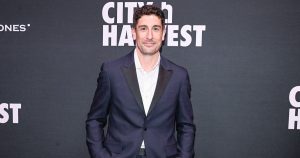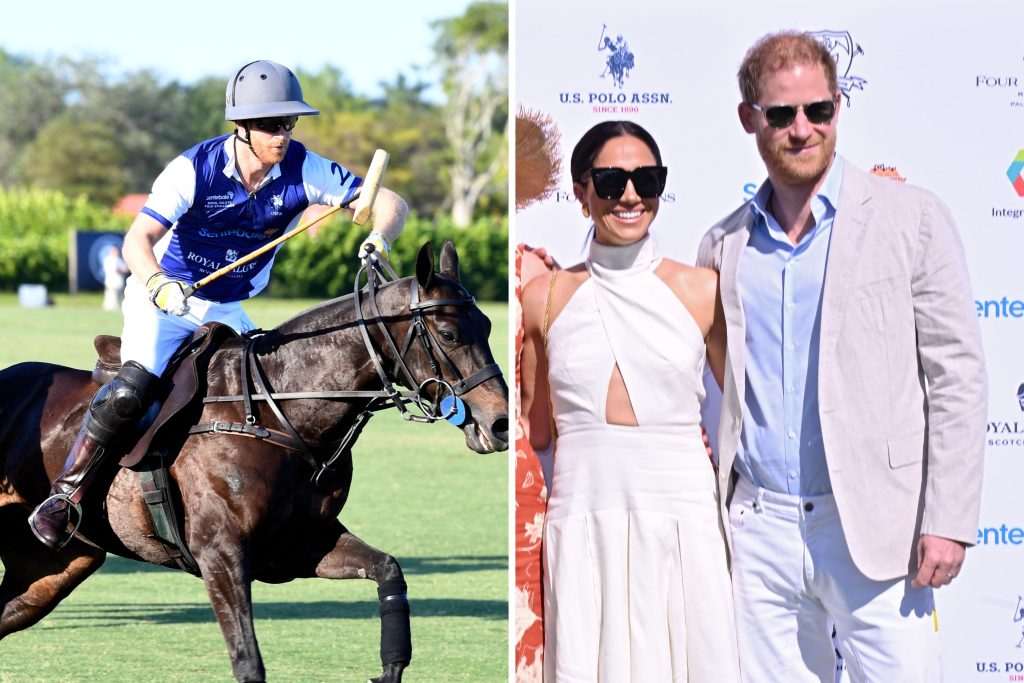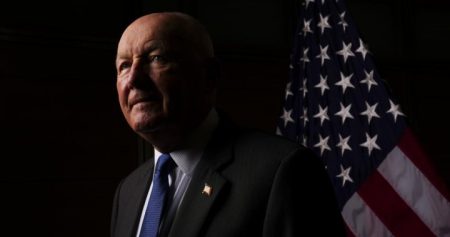Prince Harry’s latest Netflix venture, a documentary titled “Polo,” offers a glimpse into the world of competitive polo, but surprisingly features limited participation from the Duke of Sussex himself. The documentary, centered around a charity polo match benefiting Harry’s Sentebale organization, raises questions about the couple’s strategic approach to media engagement. One brief but poignant moment captures Harry inquiring about the experience of playing against one’s own child, a question resonant with his own past shared on the polo field with his father, King Charles, and brother, Prince William. This fleeting exchange hints at the complex family dynamics that have been a recurring theme in Harry’s public narrative. However, the documentary largely avoids delving into these personal aspects, focusing instead on the event itself and the players involved.
The documentary’s minimal focus on Harry contrasts with his previous media appearances, which often centered on his personal experiences and strained relationship with the royal family. This shift in approach might be attributed to several factors, including criticism leveled against the couple for perceived overexposure and a desire to avoid reigniting controversies surrounding their royal exit. The timing of the documentary’s release, coinciding with King Charles’s health challenges, likely further contributed to a more cautious approach. By minimizing his personal involvement, Harry may have aimed to deflect potential accusations of exploiting family matters for publicity, especially during a sensitive period.
Meghan Markle’s presence in the documentary is equally understated. While she appears in several scenes, she does not participate in any formal interviews. A brief, unscripted moment captures her initial hesitation to be filmed, which later transitions into a casual conversation. This glimpse, though seemingly inconsequential, underscores the couple’s complex relationship with media scrutiny. The calculated restraint exhibited by both Harry and Meghan suggests a conscious effort to control their narrative and perhaps reshape their public image.
The documentary’s focus on the sport of polo and the charitable cause of Sentebale allows Harry to subtly connect his personal passions with a broader philanthropic mission. By highlighting the work of his organization, Harry can showcase a positive and impactful aspect of his life, separate from the royal drama that has dominated headlines. This strategic choice might be an attempt to shift public perception and emphasize his commitment to making a difference beyond the confines of his family history.
The decision to minimize Harry’s on-screen presence might also stem from previous criticism regarding the couple’s perceived dominance of their media projects. The British press has often accused them of “hogging the limelight,” and this self-imposed restraint could be interpreted as a response to those critiques. By allowing the sport and the charity to take center stage, Harry avoids accusations of self-promotion and presents a more selfless image.
The documentary’s release follows earlier reports of Netflix’s dissatisfaction with the initial direction of the project, purportedly due to a lack of compelling content. While the final product still features limited direct involvement from Harry and Meghan, the inclusion of the charity event and the focus on the sport itself may have been a compromise to meet the streaming platform’s expectations. The subtle nods to Harry’s personal history, like the conversation about playing against one’s child, add a layer of intrigue without overshadowing the main narrative.
Furthermore, Harry’s limited participation might be a deliberate attempt to avoid reigniting past controversies and media scrutiny. The couple’s previous Netflix docuseries, “Harry & Meghan,” faced criticism for rehashing their royal exit story, and this more subdued approach could be a strategic move to avoid similar backlash. By focusing on the positive aspects of his life and charitable work, Harry aims to project a more mature and measured image, distancing himself from the drama that has often defined his public persona.
The documentary’s muted approach to Harry’s personal story contrasts with his candid memoir, “Spare,” which delved into the complexities of his relationship with his father and brother. The book recounted a harrowing incident where Harry witnessed his father being thrown from a horse, a memory that resurfaced years later when Harry himself assisted a fallen polo player. This shared experience underscores the deep-seated connection between Harry and his father, despite their strained relationship. However, the documentary avoids revisiting these sensitive topics, opting for a more restrained and less controversial narrative.
The decision to downplay Harry’s personal involvement in the documentary ultimately reflects a strategic shift in the couple’s media strategy. By focusing on the charitable cause and the sport of polo, Harry subtly connects his passions with a broader mission, aiming to reshape public perception and present a more balanced and positive image. This calculated restraint, contrasted with previous media appearances, suggests a conscious effort to manage their narrative and navigate the complexities of their public lives.










